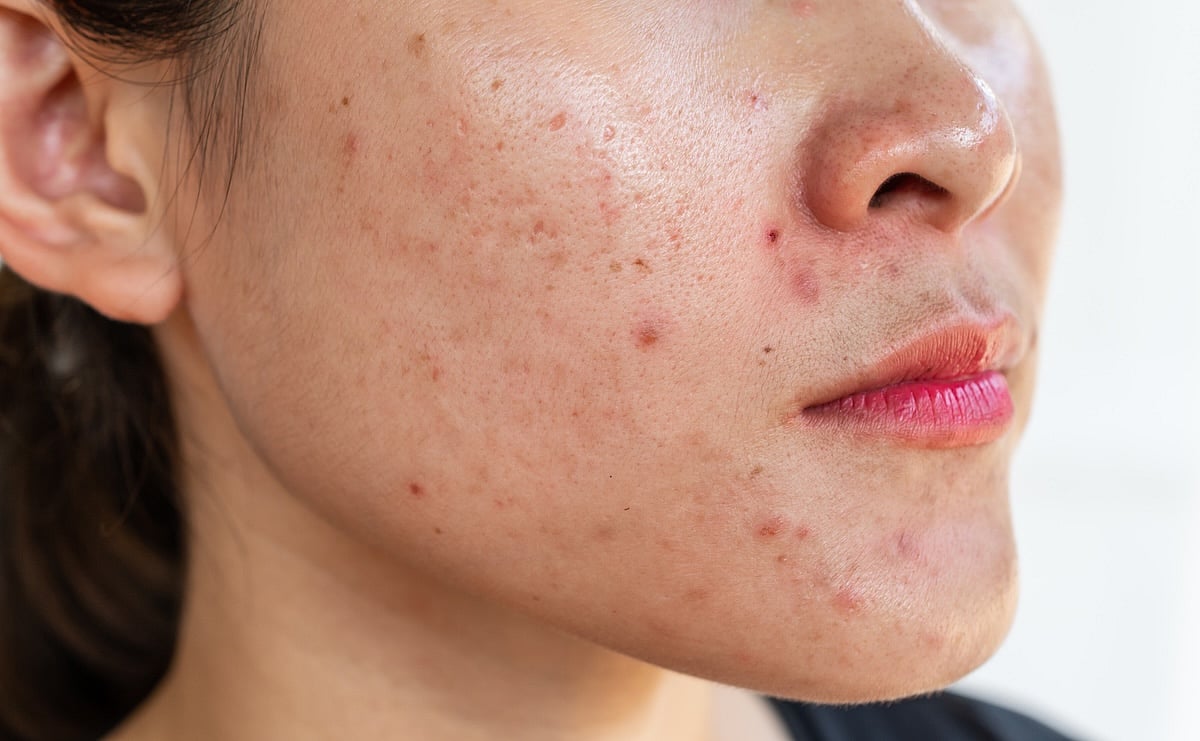
A mother’s diet during pregnancy can influence her child’s risk of ADHD and autism, a new study says. In particular, the unhealthy hallmarks of a typical Western diet appeared to increase a child’s risk of developmental disorders, researchers reported in the journal Nature Metabolism. “The greater a woman’s adherence to a Western diet in pregnancy… read on > read on >






























